Terms of Appointment: This is a Nationally Recruited Staff (NRS) position based at ILRI’s Nairobi campus. It is open to Kenyan nationals only. The position is on a 2-year contract renewable subject to satisfactory performance and availability of funding.
Job level and salary: This position is job level 2A level 2 with a starting gross salary of KES 64,833 per month. The benefits package includes pension, medical and other insurances for ILRI’s Nationally Recruited Staff.
Location: The position will be based at the ILRI campus Nairobi, Kenya.
Applicants should send a cover letter and CV combined as one document addressed the Human Resources Director, explaining their interest in the position, what they can bring to the job and the names and addresses (including telephone and email) of three referees who are knowledgeable about the candidate’s professional qualifications and work experience by 12 December 2012. Log on to: http://www.myjobsinkenya.com/ilri_jobs. The position title and reference number REF: LT/BIOTECH/12/12 should be clearly marked on the subject line. Only online applications will be considered, and only short listed candidates will be contacted.
To find more about ILRI, visit our Website at www.ilri.org
To find out more about working at ILRI visit our website at http://www.ilri.org/ilricrowd/
The Zoonotic and Emerging Disease group studies a range of epidemiological issues revolving around the domestic livestock, wildlife and human interface


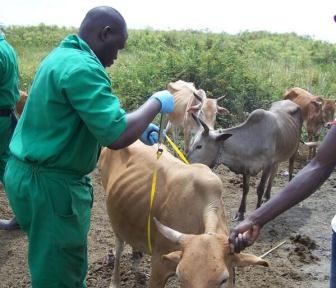
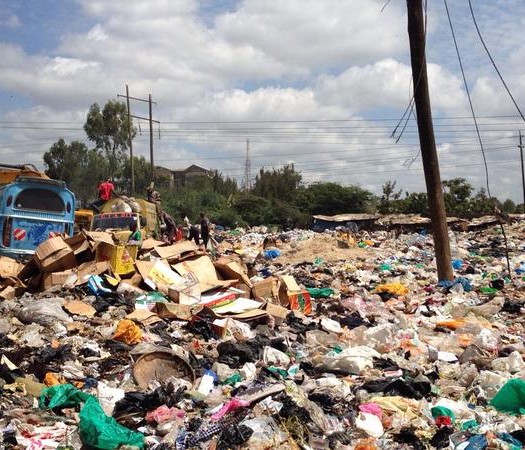
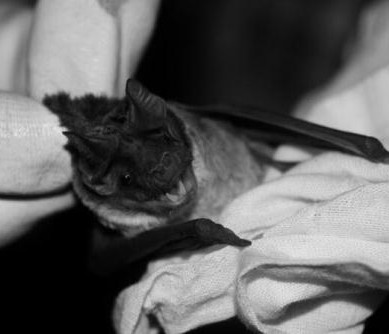
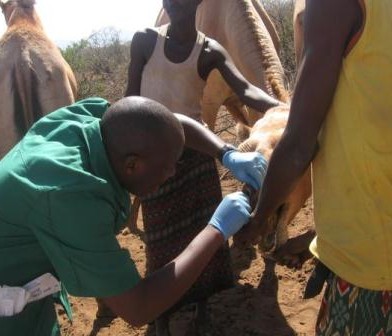
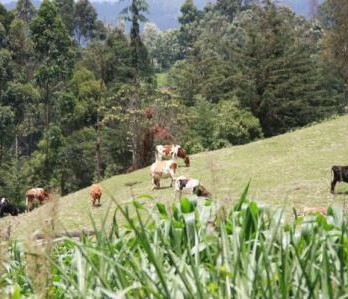
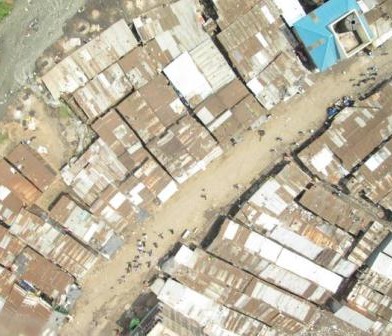
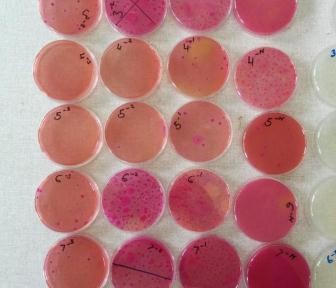
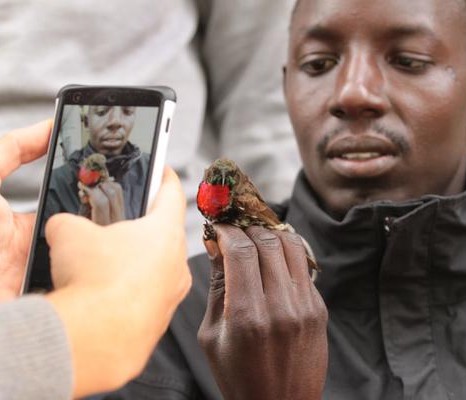
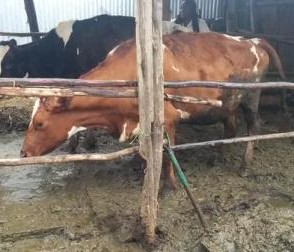
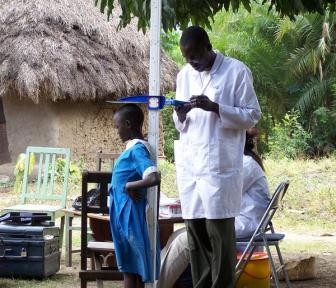
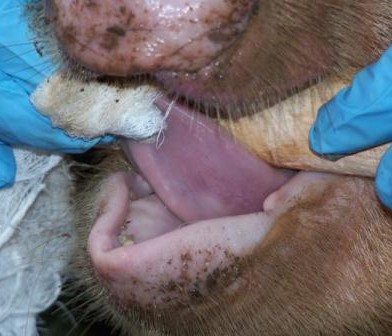
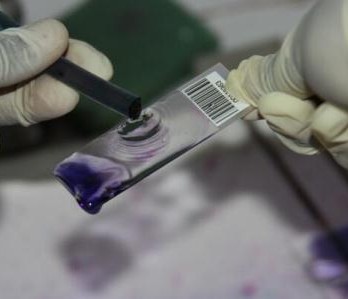
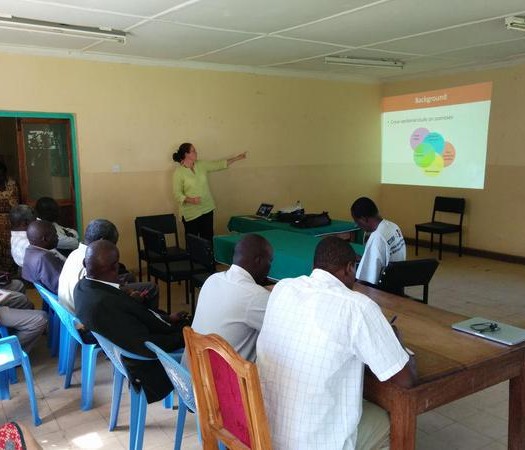
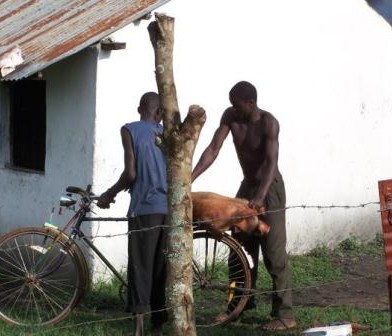
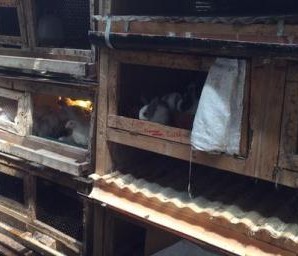
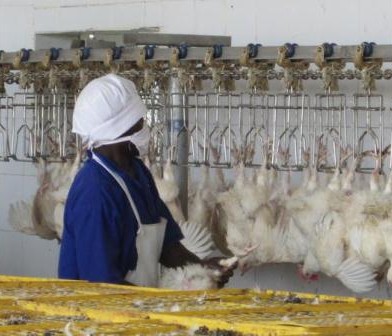
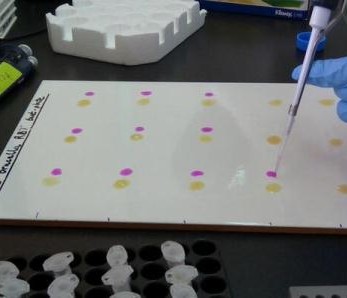
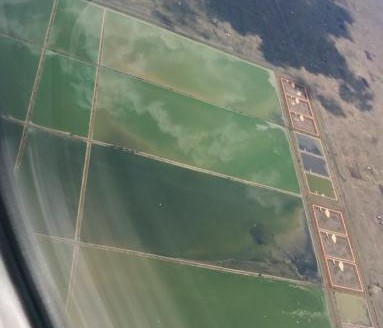
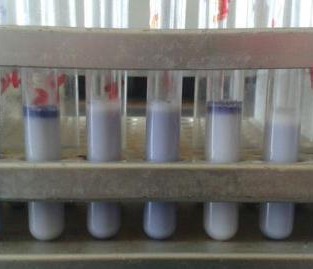
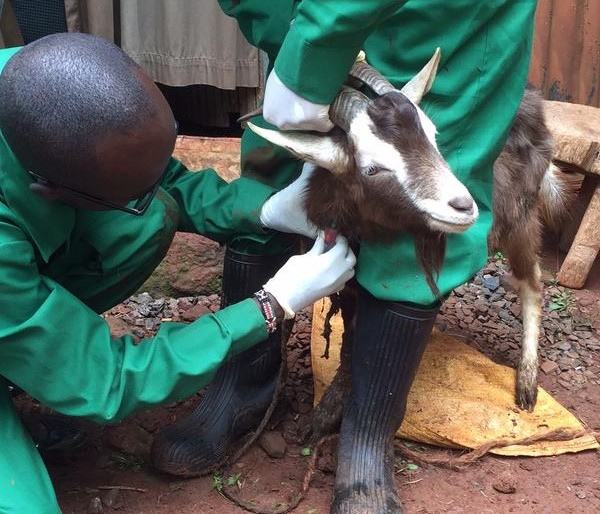
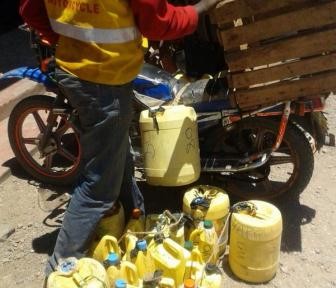
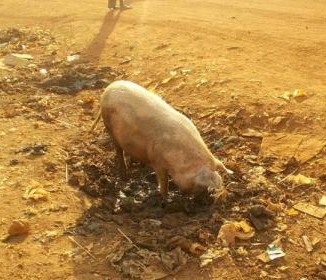
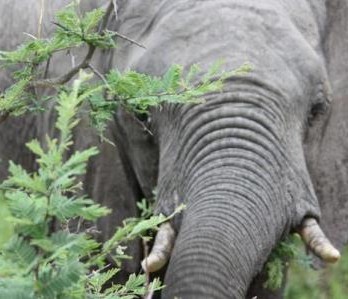
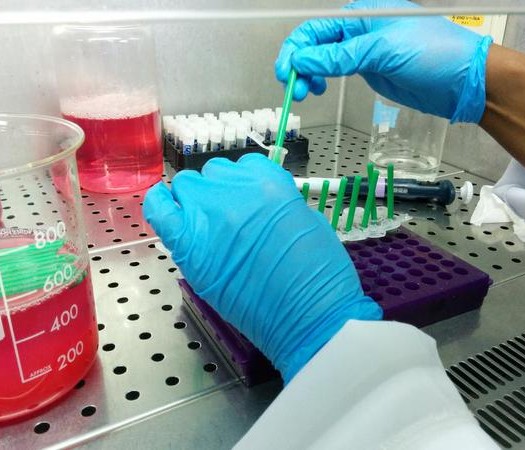
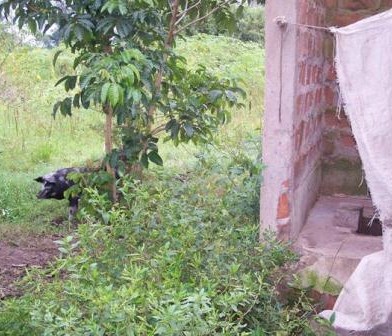
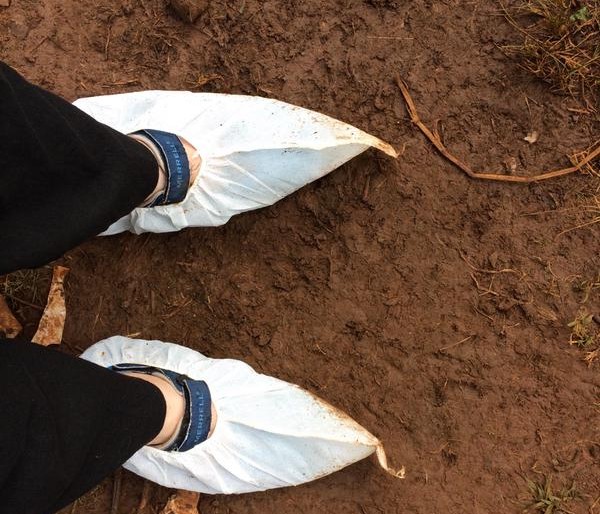
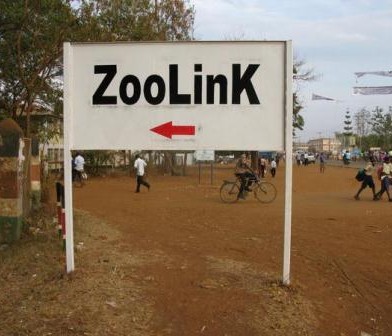
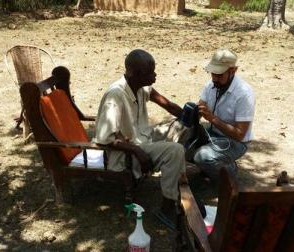
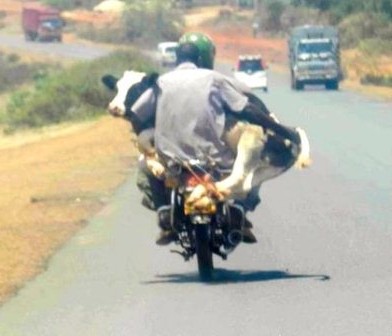
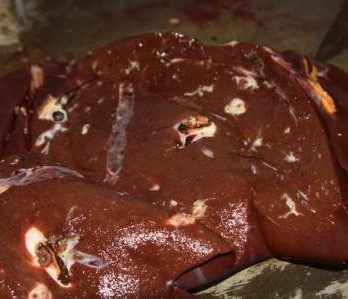
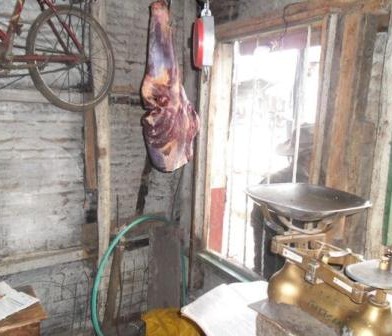
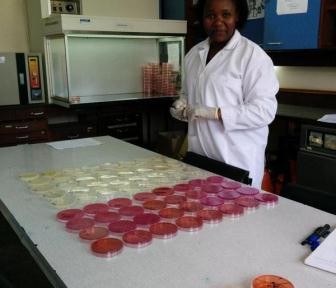
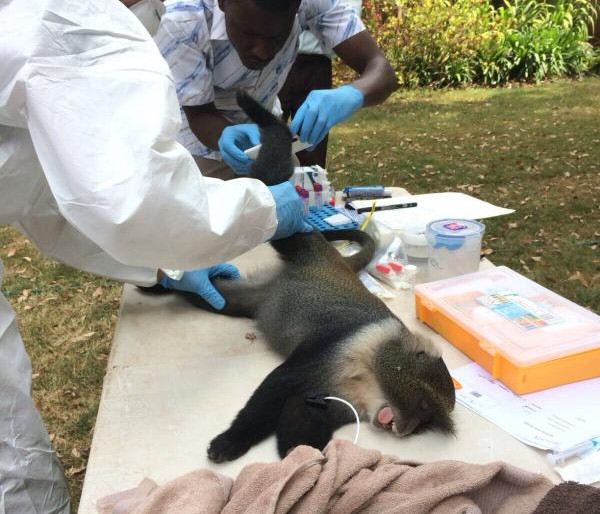
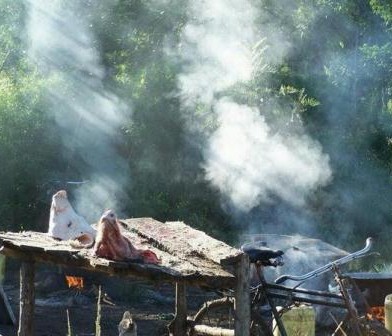
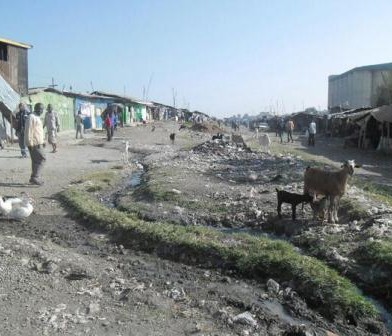
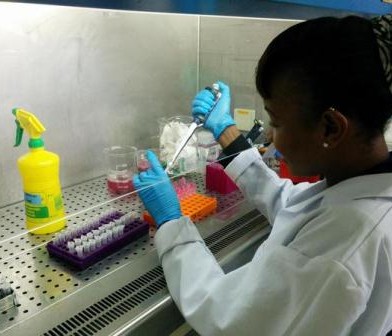
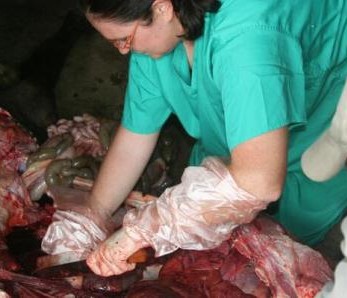
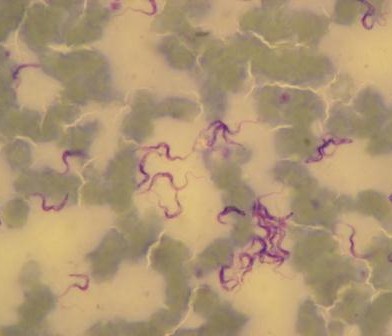
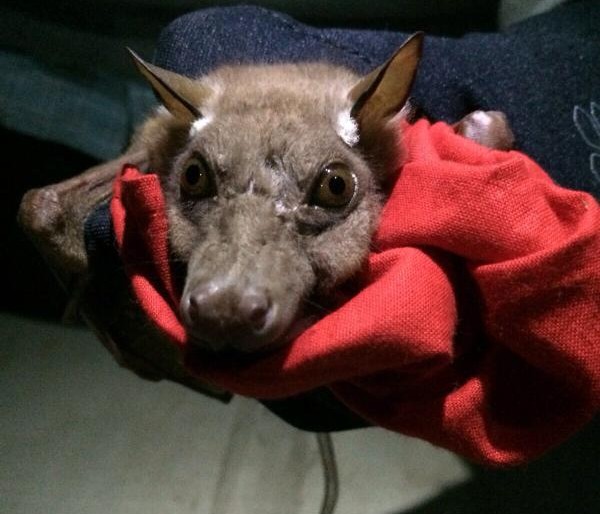
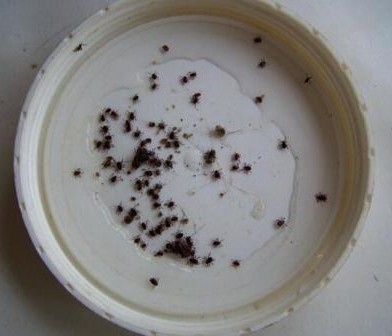
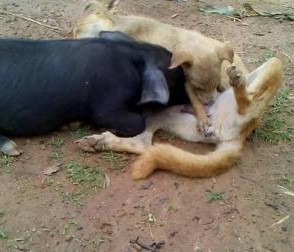

You must be logged in to post a comment.